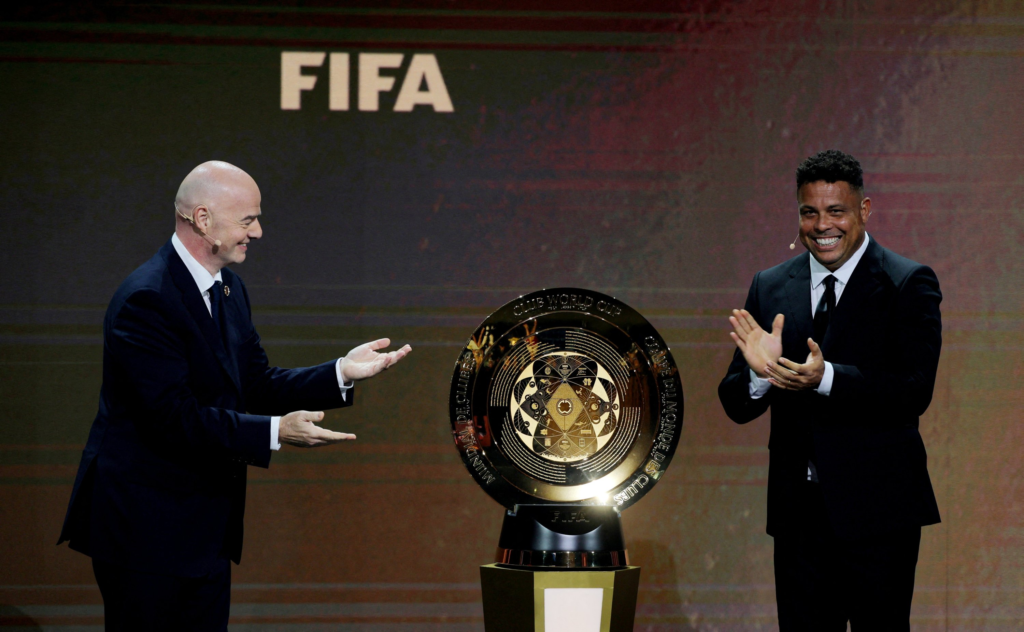
CWC clubs face taxation threat after lack of exemptions in the new expanded format of the tournament for the 32 clubs.
CWC clubs facing tax threat in new blow to expanded tournament.
After failing to obtain tax exemptions for the 32 participating clubs, FIFA is again facing difficult negotiations with US authorities ahead of the Club World Cup.
In March, the international governing body established a $1 billion (£754 million) prize money for the event, with up to $125.8 million going to the champions. However, in the absence of tax arrangements, teams may be left with bills of tens of millions of dollars to pay to US tax authorities on top of the taxes they must pay in their home countries. There will be competition from at least 29 non-US clubs, including Manchester City and Chelsea.
For the 2026 World Cup games in the United States, FIFA has secured exemptions from a number of taxes, including city, state, and ticket-sales taxes. However, because the Club World Cup schedule was put together with less notice, FIFA has not been able to acquire the same exemption. Less than nine months prior to the competition, in late September, the 12 locations were revealed.
Other complications that FIFA is dealing with include the fact that different states have different tax rates, which might cause clubs to lose out based on where they have played. For instance, there is no state income tax in Florida, the location of two Club World Cup stadiums. The majority of other cities that host games must pay a state levy.
Paris Saint-Germain may suffer the most because they have two of their three group matches in Los Angeles. Manchester City might potentially profit because Chelsea’s group games are in Pennsylvania and Atlanta, where income tax is 5.5%, while their last group matchup is against Juventus in Orlando.
Another issue is that several US states do not accept the federal government’s “double taxation treaties” with foreign nations, which prohibit people and businesses from paying taxes on their incomes twice under separate regimes. Due to this oddity, certain clubs might suffer financial setbacks while others would not. FIFA is working hard to find a solution that guarantees they are all treated equally.
Having worked hard in recent months to gain access to key US decision makers, it is said to be confident of accomplishing that. Gianni Infantino brought the new Club World Cup trophy to the Oval Office and met with Donald Trump twice in March. The president of FIFA also paid a visit to the FBI last week.
Although Fifa declined to comment, people familiar with the negotiations said that the organisation was helping the rival clubs while adhering to US tax laws.

